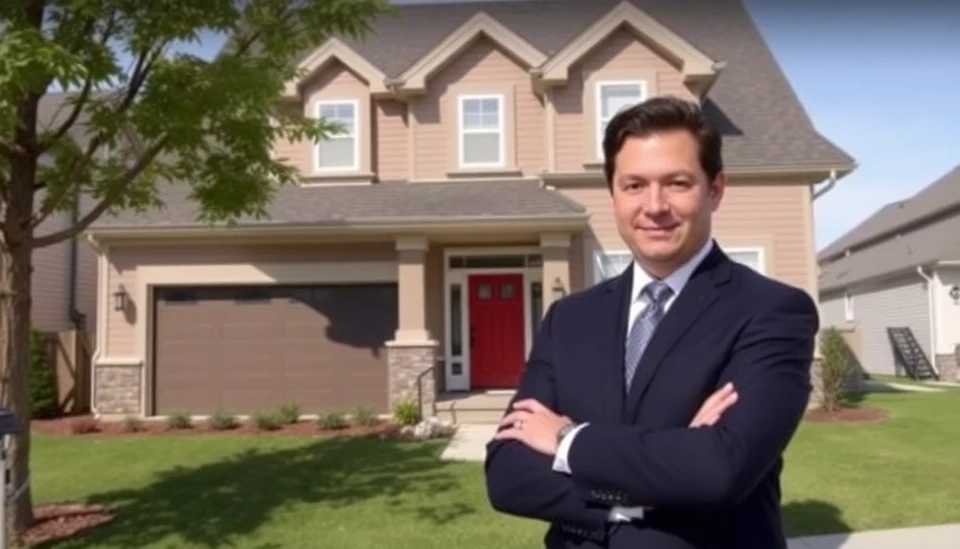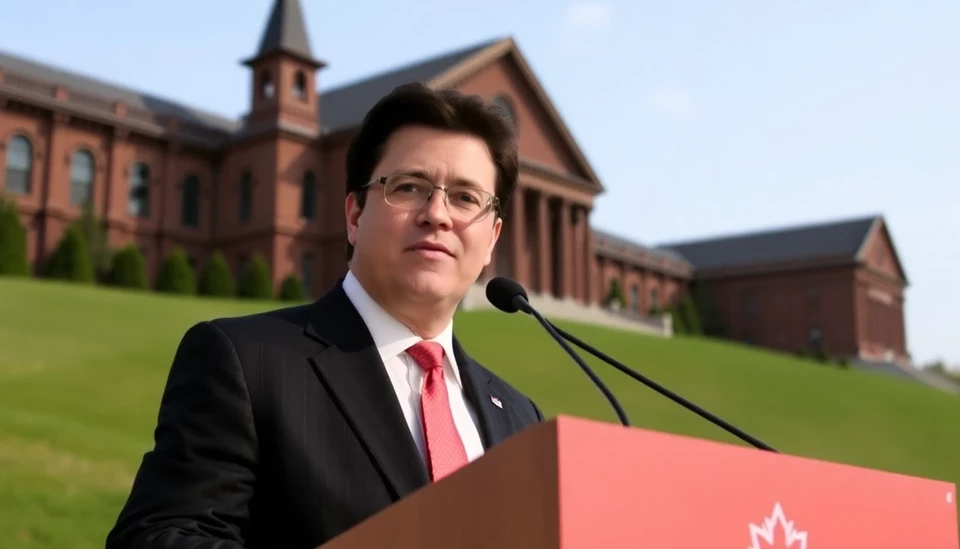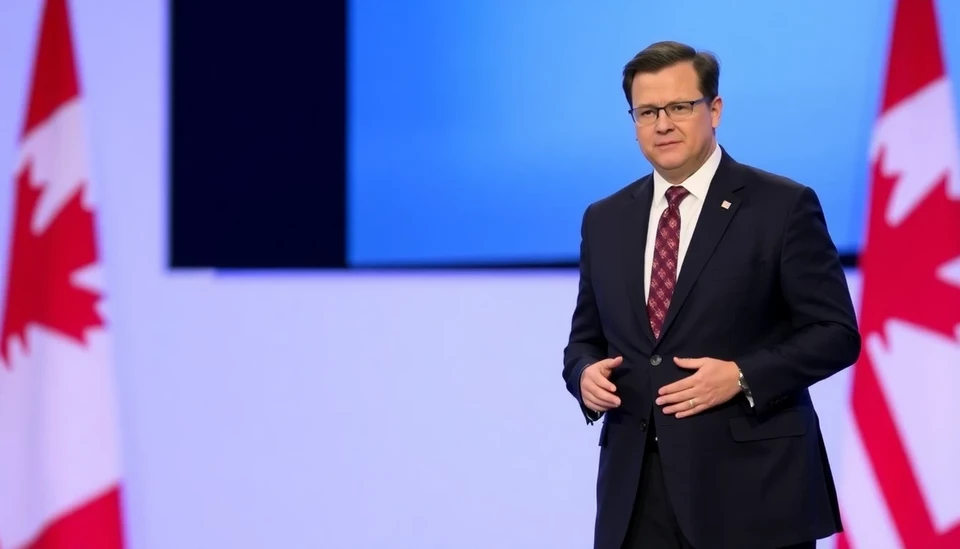
In a significant development in Canadian housing policy, Conservative leader Pierre Poilievre has escalated his pledges regarding the removal of the Goods and Services Tax (GST) on certain residential properties. This initiative aims to alleviate the financial burden on homebuyers in a market characterized by soaring prices and increasing affordability concerns.
During a recent campaign rally, Poilievre announced that his party is determined to abolish the GST on new homes, a strategy he argues would make homeownership more accessible for Canadians. The policy proposal underscores a growing urgency among potential homeowners facing skyrocketing real estate prices, particularly in urban centers where demand continues to exceed supply.
Poilievre's vow emerges as part of a broader platform intended to reshape the housing landscape in Canada. The Conservative leader places a strong emphasis on the notion that heavy taxation contributes to the unaffordability of homes, arguing that eliminating this sales tax could inject much-needed relief to buyers. By removing the GST on new homes, the Conservatives are confident they can spur a rejuvenated interest in the housing market, ultimately contributing to economic growth.
According to Poilievre, the continued rise in housing costs has resulted in a significant psychological impact on Canadians, particularly among younger generations. Homeownership is often viewed as a path to financial stability and wealth. In light of these observations, the Conservative Party is using this sales tax strategy as a rallying point to attract voters who feel disenfranchised in an increasingly competitive market.
While Poilievre’s proposal has drawn enthusiastic responses from supporters, it has also raised eyebrows among critics. Opponents argue that eliminating the GST could lead to a decrease in government revenue, impacting funding for vital public services. There are concerns regarding the long-term implications of such a significant tax cut, especially in the context of federal budget constraints and rising debt levels.
The debate over this contentious policy comes just as the country begins to navigate its way out of the economic ramifications caused by the pandemic. Many Canadians are still struggling with job instability and inflated living costs, which further complicates the landscape for aspiring homeowners. As the Conservative Party looks to solidify its position ahead of the next general election, Poilievre’s pledge may serve as both a bold assertion and a gamble.
As the housing affordability crisis continues, observers will closely monitor the political discourse surrounding this issue, particularly as it relates to the 2025 election. The approach taken by Poilievre and the Conservative Party may very well become a central theme as parties vie for the support of a voting public increasingly anxious about homeownership prospects.
With the promise of a shift in tax policy, Poilievre is not only positioning himself as a champion of middle-class families but also igniting a vital conversation about the future of housing in Canada. As the rallying cries for affordability gain momentum, the implications of such policies could resonate far beyond the immediate electoral cycle, potentially impacting generations to come.
In summary, Poilievre's enhanced commitment to eradicate the GST on select homes sets the stage for a compelling dialogue on accessibility in Canadian housing. Whether this strategy will resonate with the electorate remains to be seen, but the implications of such a proposal are certain to reverberate through the political landscape as the 2025 election draws nearer.
#PierrePoilievre #GST #HousingAffordability #CanadaHousing #ConservativeParty #HomeOwnership #RealEstateCanada #PoliticalNews
Author: Rachel Greene



